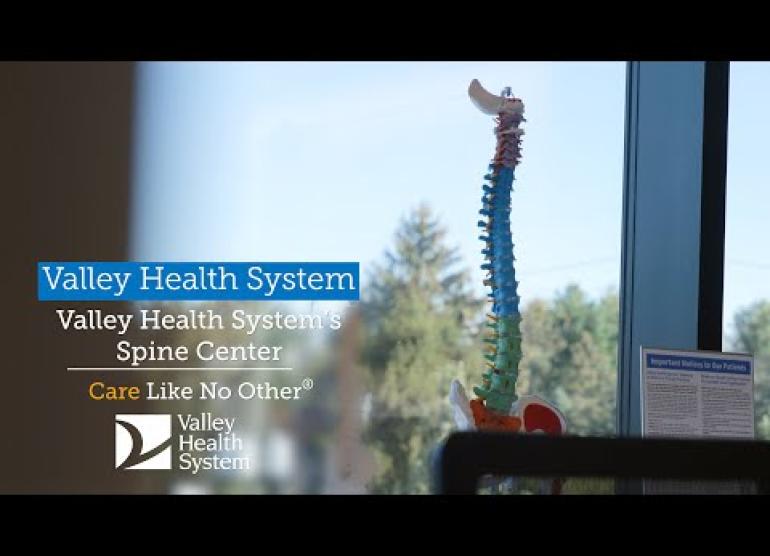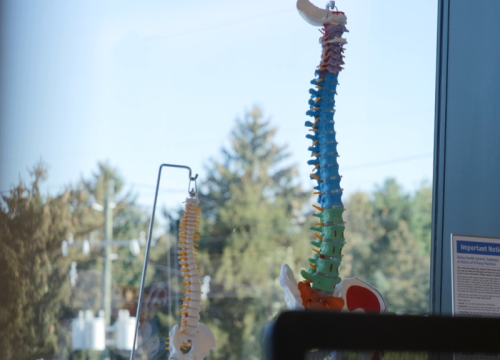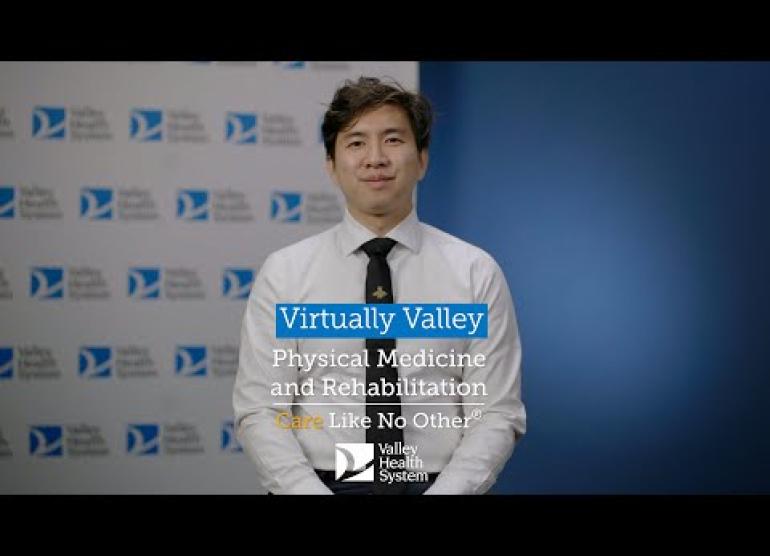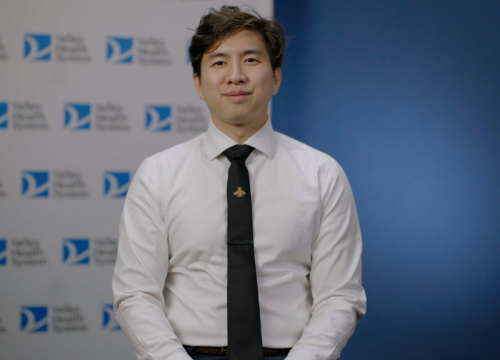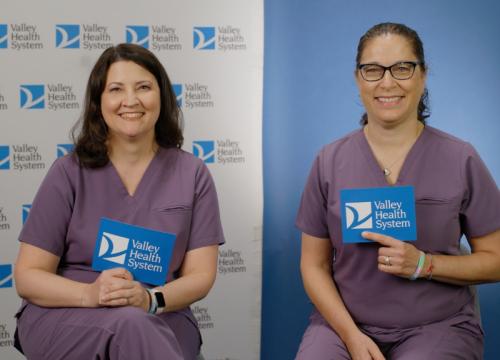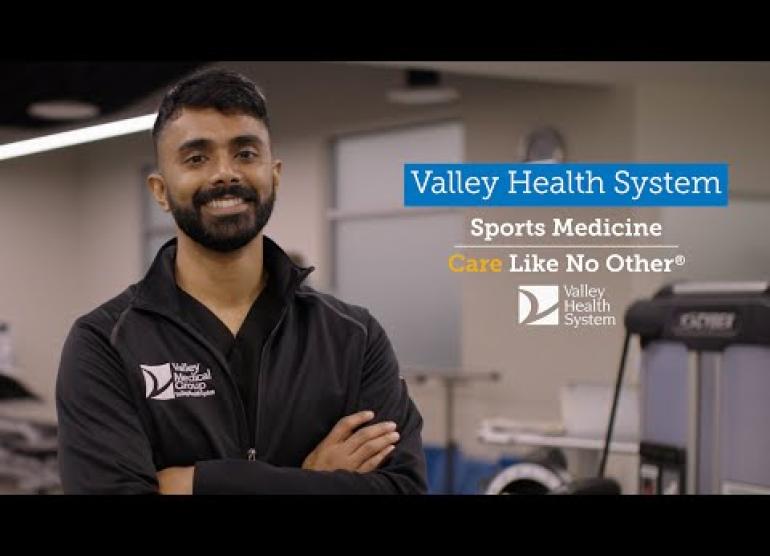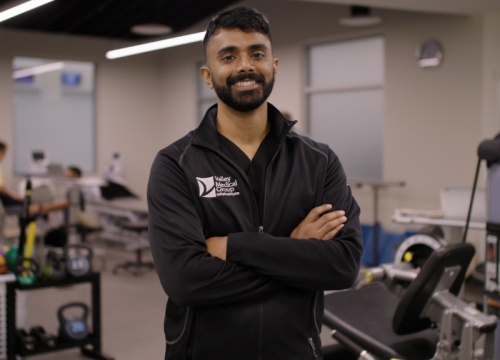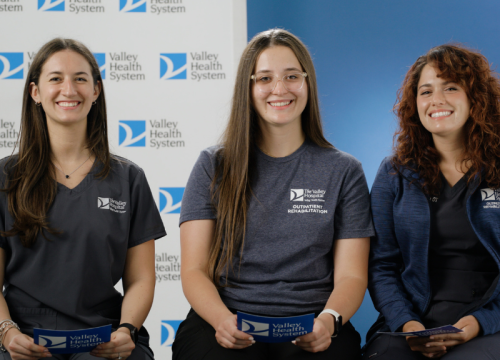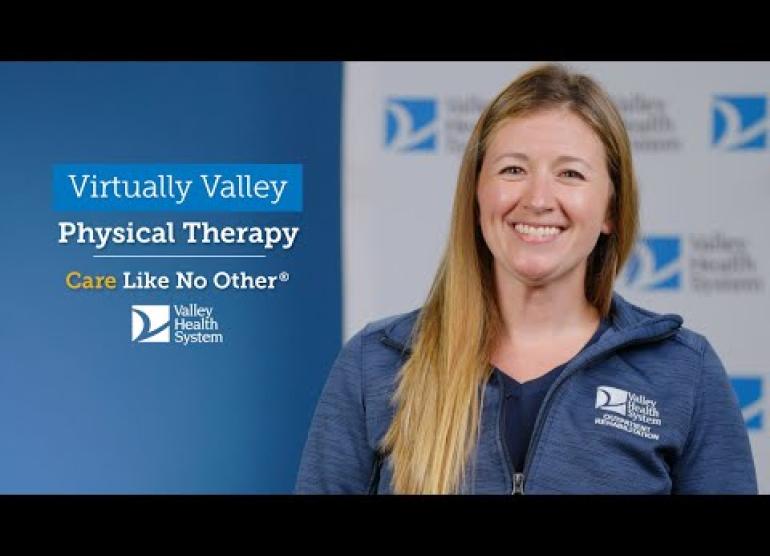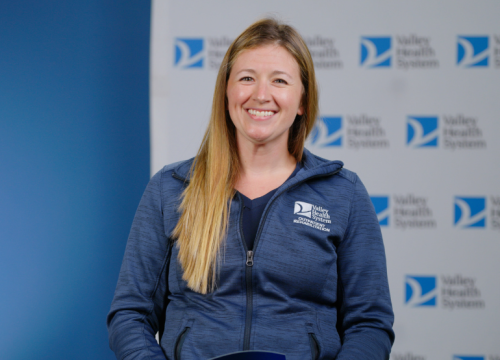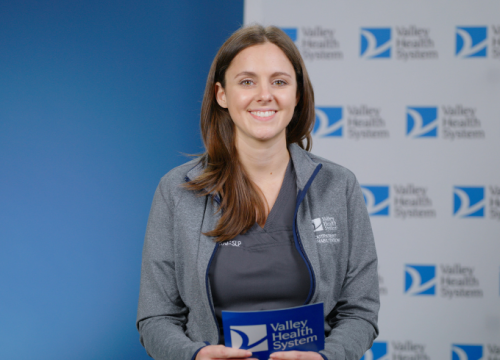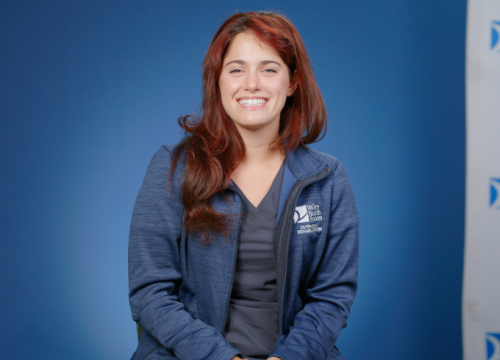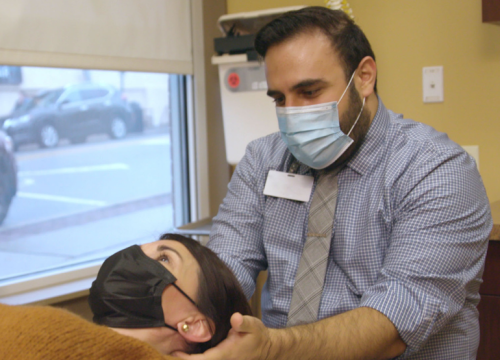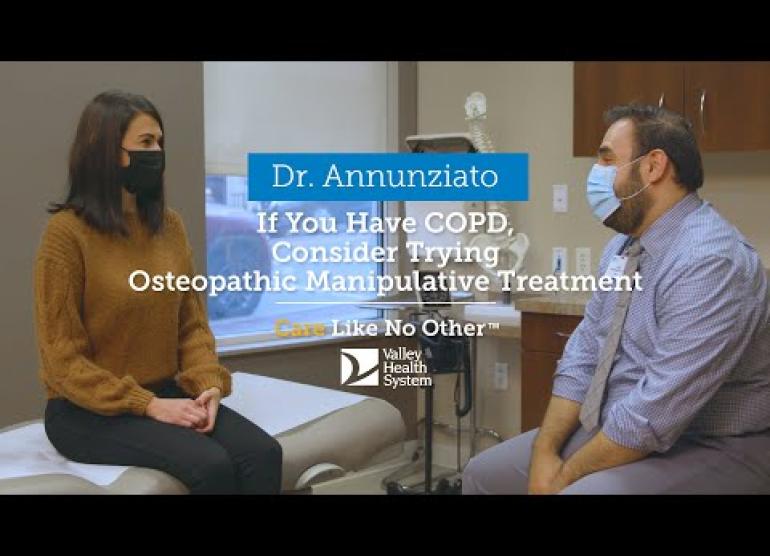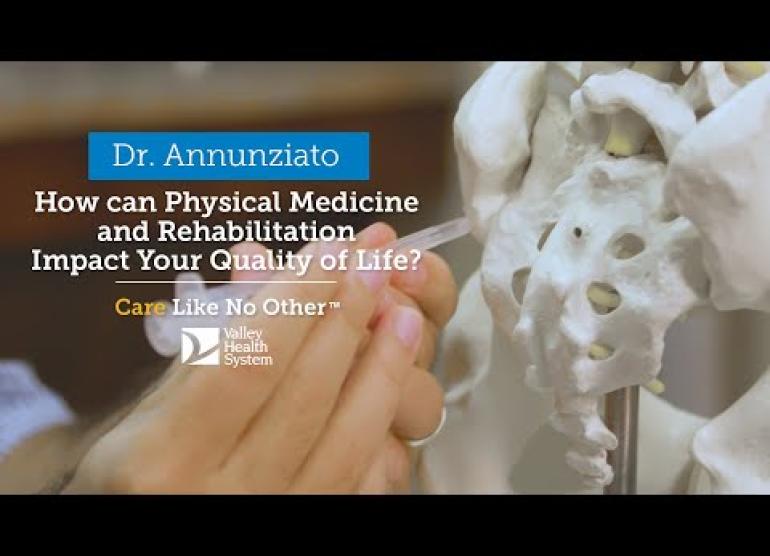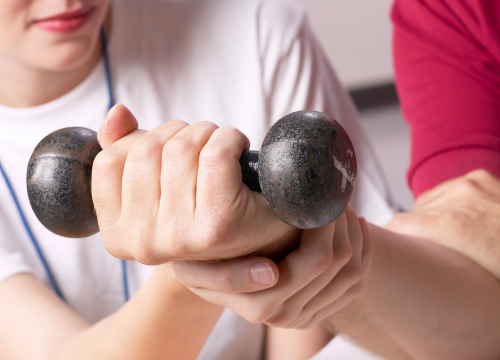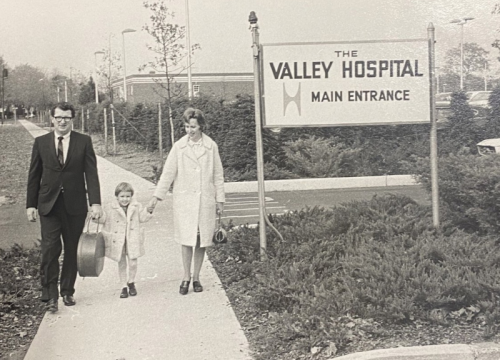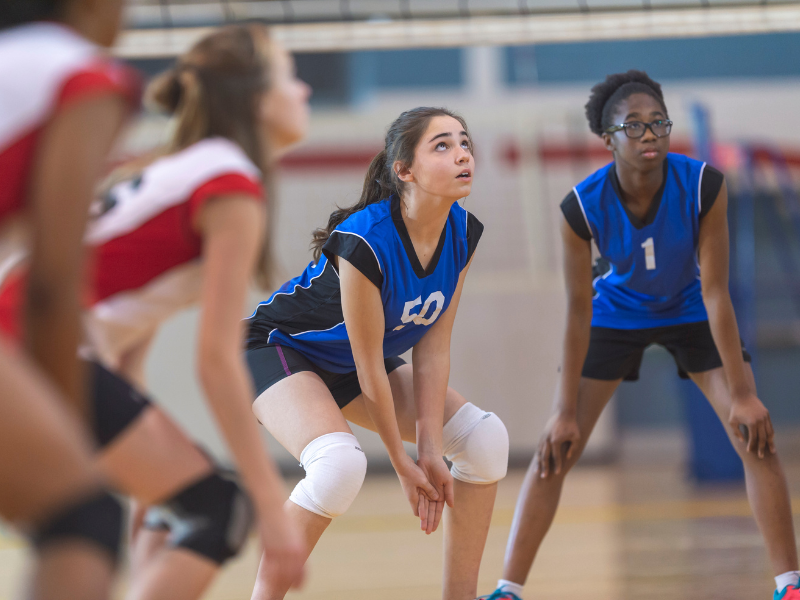
As the start of a new sports season approaches, student-athletes of all levels – middle school, high school, and collegiate – are gearing up to return to play. One of the most important steps in preparing for the season is completing a sports physical.
While it may seem like just another item on the checklist, a sports physical plays a critical role in ensuring young athletes are healthy, safe, and ready to perform their best.
What Is the Purpose of a Sports Physical?
Sports physicals are essential for student-athletes – from middle school to high school and college – who are returning to play or starting a new season. They are also important for athletes recovering from an injury or surgery to determine if they’re ready to safely return to their sport. While older adults and non-competitive athletes do not typically require formal sports physicals, they can also benefit from preventive evaluations, especially if they’ve experienced pain or injury in the past.
What Does a Sports Physical Exam Include?
Much like a regular checkup, the exam covers:
- Vitals, including blood pressure and heart rate
- Medical history, including personal, family, and social history as well as history of prior sport-related injuries or concussion
- Physical examination
- Neurological testing, including strength and sensation assessments
- Musculoskeletal, heart, lung, and abdominal evaluations
If something abnormal is found during the sports physical, your physician may order additional tests or refer to a specialist before giving clearance. By evaluating these and other concerns early, clinicians can offer advice and treatments to ensure the athlete is fully ready to return to the field.
These visits are also an opportunity to support mental and emotional wellness. For some young athletes, it may be their first interaction with a doctor since pediatric care, so it’s a key time to offer education on injury prevention, proper nutrition, and overall well-being. Our team wants to make sure athletes know they have access to the right resources and care team.
Who Needs a Sports Physical?
Any student planning to participate in organized sports – whether it's football, cheerleading, track, or swimming – should have a sports physical before the season begins. Most schools and athletic programs require this as part of their safety protocol. While older adults and non-competitive athletes don’t typically require formal sports physicals, they can benefit from preventive evaluations, especially if they’ve experienced pain or injury in the past.
When Should a Sports Physical Be Completed?
It’s best to schedule a sports physical a few weeks prior to the start of the athletic season. This gives enough time to address any medical concerns or obtain additional testing if needed – so your athlete won’t miss a single practice or game.
How Can Valley Help?
At Valley Medical Group, Samuel Jacob, DO, and Zhi Cheng “Michael” Chen, MD, are fellowship-trained Board Certified Sports Medicine specialists. With years of experience and their own personal interest in staying active, they are ready to help you get cleared for a successful sports season. Sports physicals are currently completed in Ridgewood and Wayne.
For more information about physical medicine and rehabilitation care at Valley, please click here.


